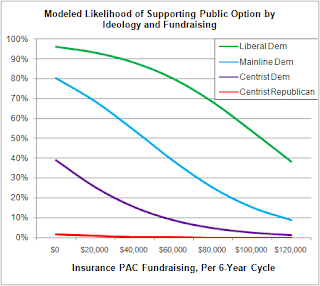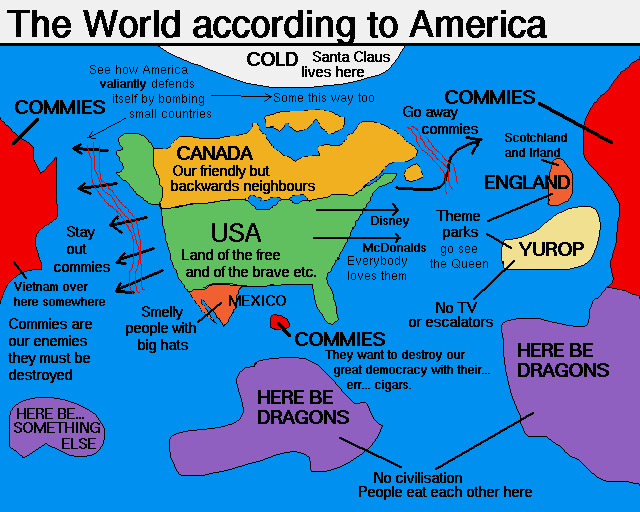 Recently, the supreme court ruled 4-5 to loosen restrictions on the way that corporations and unions are able to spend on campaigns. I get texts from CNN and when I got this, my heart sunk.
Recently, the supreme court ruled 4-5 to loosen restrictions on the way that corporations and unions are able to spend on campaigns. I get texts from CNN and when I got this, my heart sunk.I'm not bothered by free speech, but corporations aren't people. Corporations are considered people by the law, hence the ruling. I don't buy it. A corporation is solely driven by profit. People aren't. A corporation is made up of a series of people who may have a large spectrum of political beliefs. A person is but one mind. A corporation has billions of dollars at its disposal. 99.99% of people do not.
According to the law, a corporation has to be driven to make as much money as possible. A corporation is therefore compelled, by the law, to support politicians with the express intent of loosened restrictions on their sector of the market. In America, it turns out that politicians already vote based on their political contrbutors. For instance, as shown by the graph, politicians are much less likely to support a public option if they get money from health care companies.
The last thing that we need in a world where nearly no one trusts politicians is a law that allows politicians to be literally bought off. If we want to restore trust in our politicians, we need to put strict caps on the way that corporations can contribute to campaigns.

I agree with you. Although it makes perfect legal sense for corporations to back politicians unlimitedly, it seems to be completely unfair to most Americans. Also I was just starting to hear about publicly-funded campaigns becoming more common, which sounded promising (an option where political campaigns funded, with strict limits, partially by small donations from any people/companies and the rest by the state). I wonder how people will respond to corporately funded political campaigns-- will it utilize attack/negative campaign techniques over positive ones? How will Americans react? Will they get ticked off about politics? Will they not care or notice? Will they prefer candidates that are more corporate-funded or otherwise-funded? :/
ReplyDelete